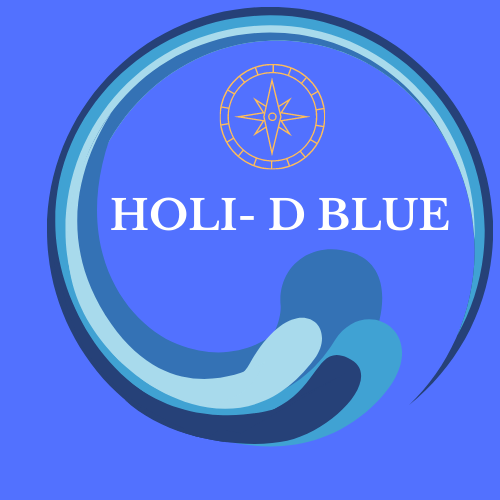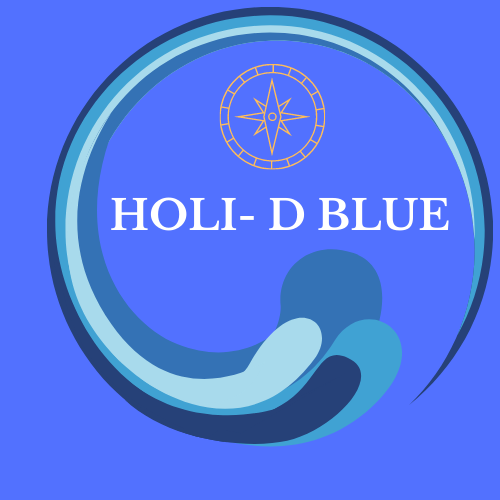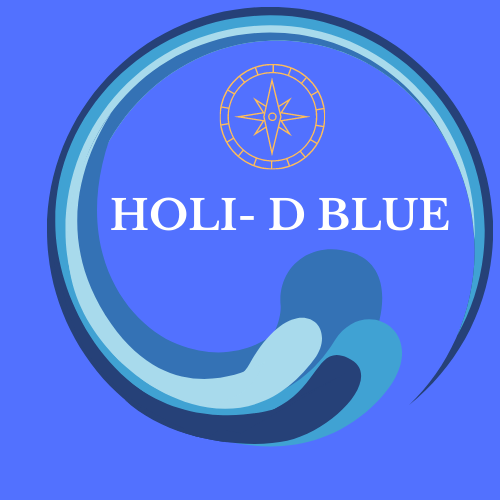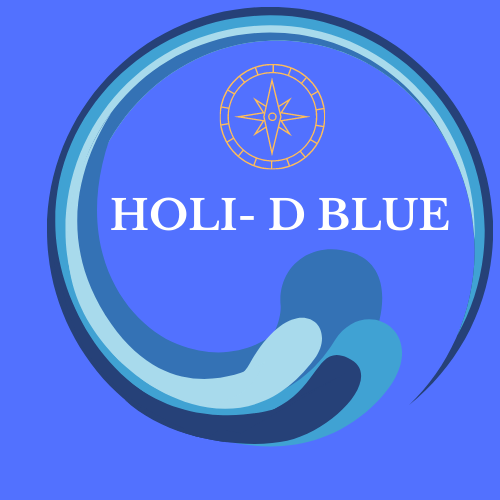CLICK ON THE TITLE OF EACH PHASE TO ACCESS THE COURSE DESCRIPTION
Track 1 - Engineering, History,
Technology

Phase 1 - Information, Signification, Meaning: Technologies and Selves (B. Tabas)
Objective : To explore the levels of interaction between data and natural languages (for example, English).
The questions that we will deal with involve issues of algorithms and interfaces— questions associated with how to turn this machine language into something into something that makes sense to humans, and how humans in society make meaningful that sense.
Phase 2 - History and
Technology (D. Paisley)
Objective: To narrate the history of selected technologies paying attention to historical context and with a particular focus on the nature and scope of “risk” associated with technological innovation and development.
Track 2 - Engineering is creating collaboratively
Phase 1 - Improvised storytelling and pre-writing (J. Toulouse)
As an engineer, you will be expected to tell compelling and convincing stories in a wide range of contexts. This class involves guided improvisation theatre games/activities to explore and develop individual and group creativity. Exercises focus on how to better listen to one’s partners ; exploring 4 skills of creativity - creating, building, repurposing, combining - through storytelling; using guided improvised storytelling as an effective prewriting activity.
Phase 2 - Creativity and Creative Expression - (B. Tabas)
Engineers are supposed to be innovative, see things that others don’t, and practice divergent thinking. But how? Isn’t the traditional route to creativity via the visitation of the muses? Aren’t we just born creative or not?
This class draws on recent empirical research into the science of creativity, and aims to break the creativity myth and to help students to become more creative.
It is a creative writing class to the extent that students, over the course of the class, will write creatively. The aim of this is to gather insight into the creative process, and accumulate practical experience.
Track 3 - Engineering is convincing
Phase 1 - Critical Thinking (D. Paisley)
This phase involves using selected elements of
critical analysis to better articulate and
understand arguments.
The purpose is both to develop your English
language skills – particularly in relation to
argumentation and critical analysis, as well as
to engage more generally in the process of
thinking critically.
Phase 2 - Model United Nations
debates (J. Toulouse)
This Model United Nations debating course helps students develop confidence in their abilities to research, prepare, present and defend logical arguments, and apply critical thinking skills.
Students become delegates in a UN general assembly or council, are assigned countries
to represent, conduct research, formulate positions, draft and redact policy proposals, position papers and resolutions which they will then debate under United Nations guidelines.
Track 4 - Engineering is navigating languages and cultures
Phase 1 - Academic English for international student mobility (L. Faure)
At the end of this phase, students will improve their academic study abroad preparedness and ability to adapt to new environments.
By signing up for this track you commit to active using the Global Exam platform for English external exam (IELTS) preparation for university applications.
Phase 2 - Communicating in American Cultures (S. Mizouni)
As engineers, you’ll work in a variety of
professional settings coded with different
cultural expectations.
We’ll examine how various aspects of
American culture—history, geography,
institutions, traditions, values—have shaped
dominant American communication norms and
responses to critical events in the world. Topics
include: #MeToo? The American Response, the
Art of Small Talk, the Role of Geography and
History in American Communication, Language
as a Reflection of Core American Values.
Track 5 - Engineering is inventing
Phase 1 - Paths to invention (R. Delautre/M. Benson)
Objective : to develop students’ ability to go beyond traditional ideas, rules, patterns, relationships, and to create meaningful new ideas, forms, methods, interpretations, etc.
How can we create something innovative and useful from preexisting knowledge and experience?
Classes will focus on building and consolidating project-work related language skills such as : making consensus, researching and presenting information.
Phase 2 - The Bio-inspiration
Challenge (R. Delautre/M.
Benson)

Objective : to develop students’ ability to face a rapidly changing world filled with pressing environmental and social challenges. To solve these challenges and enable a regenerative and resilient future, engineers need new tools. We will provide you with a framework for practicing biomimicry to get inspiration and equipment to create materials, products, or systems that will reinvent our industries and societies.